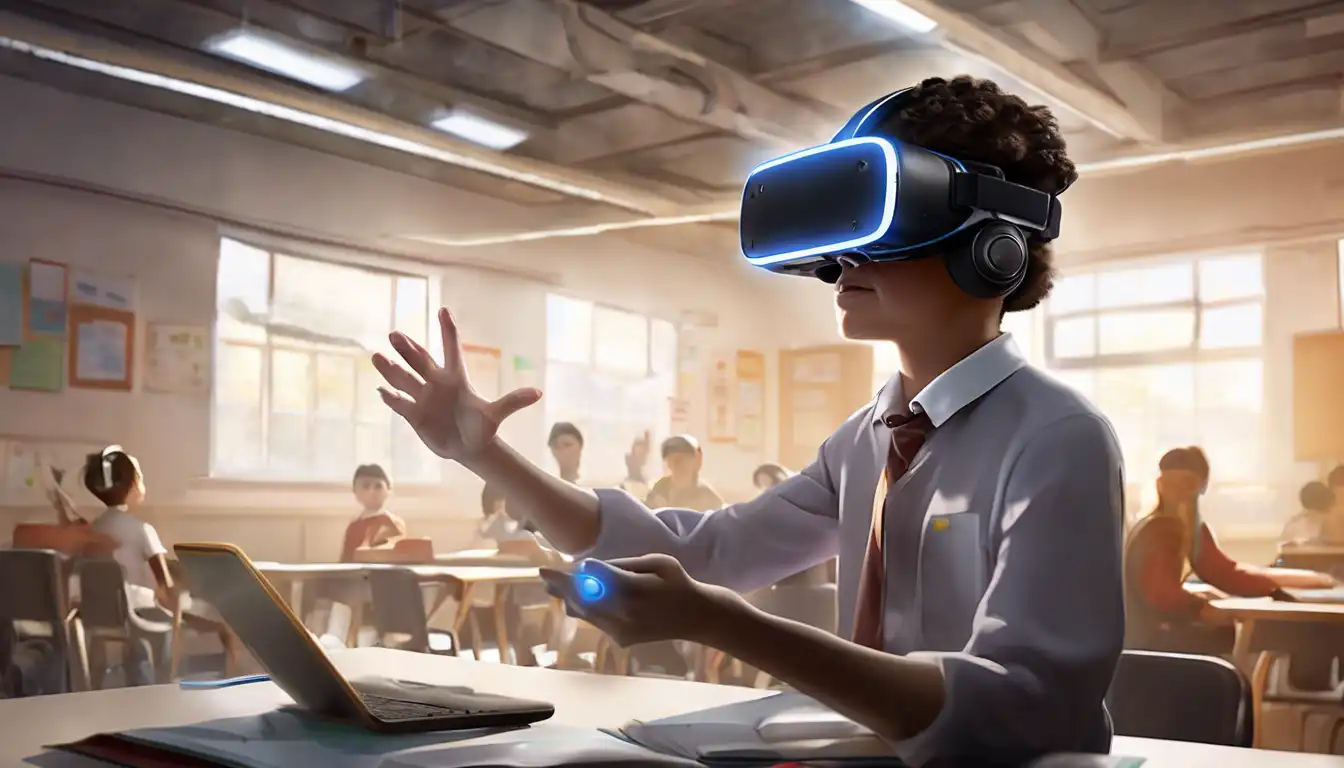The Transformative Impact of Virtual Reality on Learning and Skill Development
Virtual Reality (VR) technology has been making waves across various sectors, but its potential in education and training is particularly groundbreaking. By creating immersive, interactive environments, VR offers unparalleled opportunities for experiential learning and skill acquisition. This article delves into how VR is reshaping the educational landscape and the benefits it brings to both learners and educators.
Why VR in Education?
VR in education transcends traditional learning methods by providing students with a hands-on experience that is both engaging and effective. Whether it's exploring the human body in 3D, walking through historical events, or conducting virtual science experiments, VR makes learning interactive and fun. This immersive approach not only enhances understanding but also improves retention rates among students.
VR in Professional Training
Beyond the classroom, VR is revolutionizing professional training across industries. From healthcare to aviation, VR simulations allow trainees to practice procedures and operations in a risk-free environment. This not only accelerates the learning curve but also significantly reduces training costs and improves safety outcomes.
Benefits of VR in Education and Training
- Enhanced Engagement: VR's interactive nature captures learners' attention like never before, making education more appealing.
- Improved Retention: Experiential learning through VR leads to better memory retention and understanding.
- Accessibility: VR can bring distant or inaccessible environments to the learner, breaking geographical and physical barriers.
- Cost-Effectiveness: Virtual simulations reduce the need for physical materials and travel, offering a more economical solution for education and training.
Challenges and Considerations
Despite its benefits, the integration of VR in education and training comes with challenges. These include the high cost of VR equipment, the need for technical support, and the development of quality educational content. However, as technology advances and becomes more affordable, these hurdles are expected to diminish.
The Future of VR in Education and Training
The future of VR in education and training looks promising, with ongoing advancements in technology paving the way for more sophisticated and accessible solutions. As VR becomes more mainstream, its potential to transform traditional learning paradigms and professional training methodologies is limitless.
For more insights into how technology is shaping the future of education, check out our articles on The Role of AI in Personalized Learning and Blockchain for Educational Credentials.
